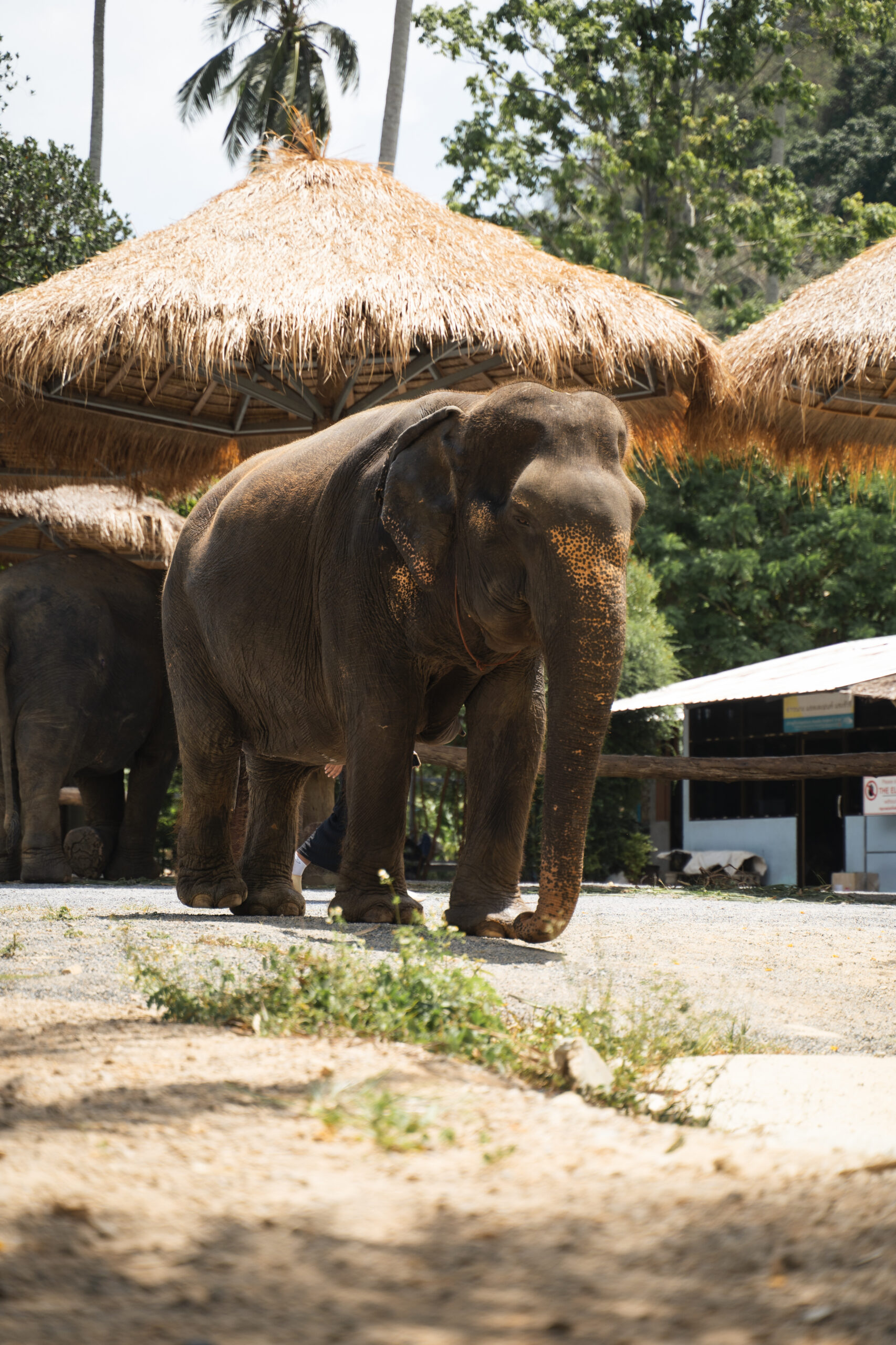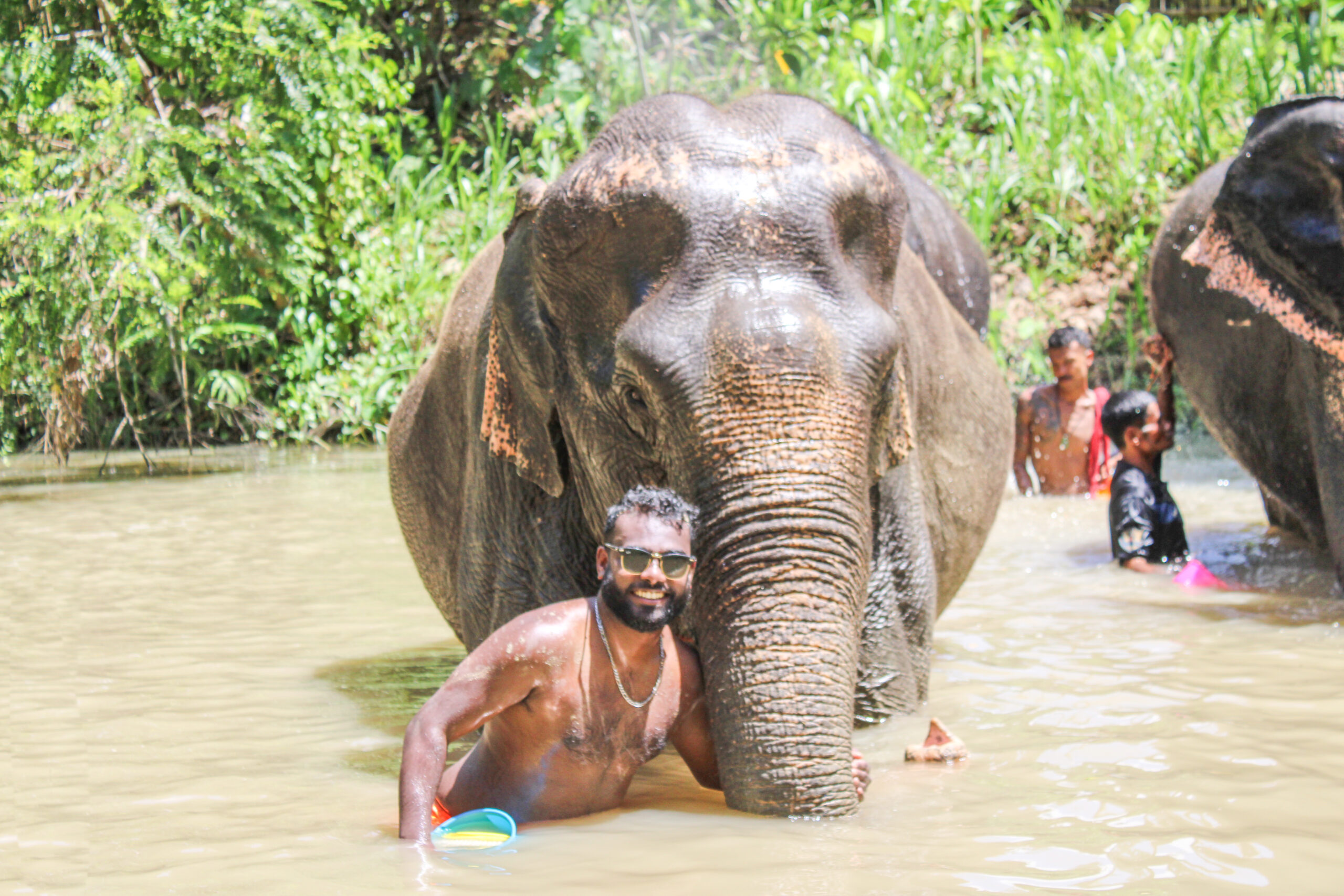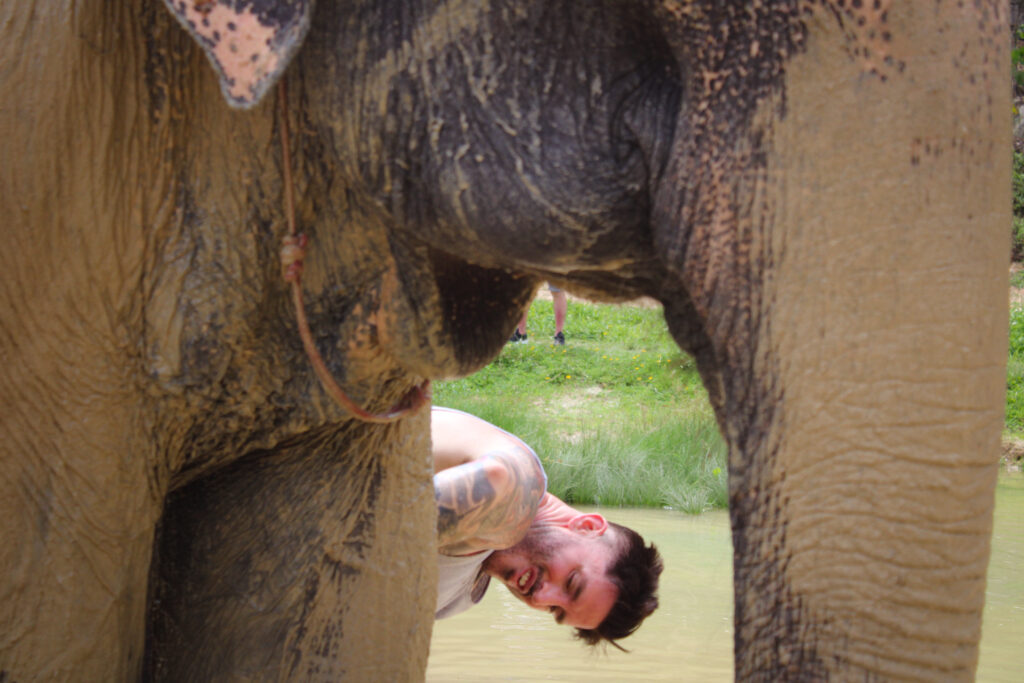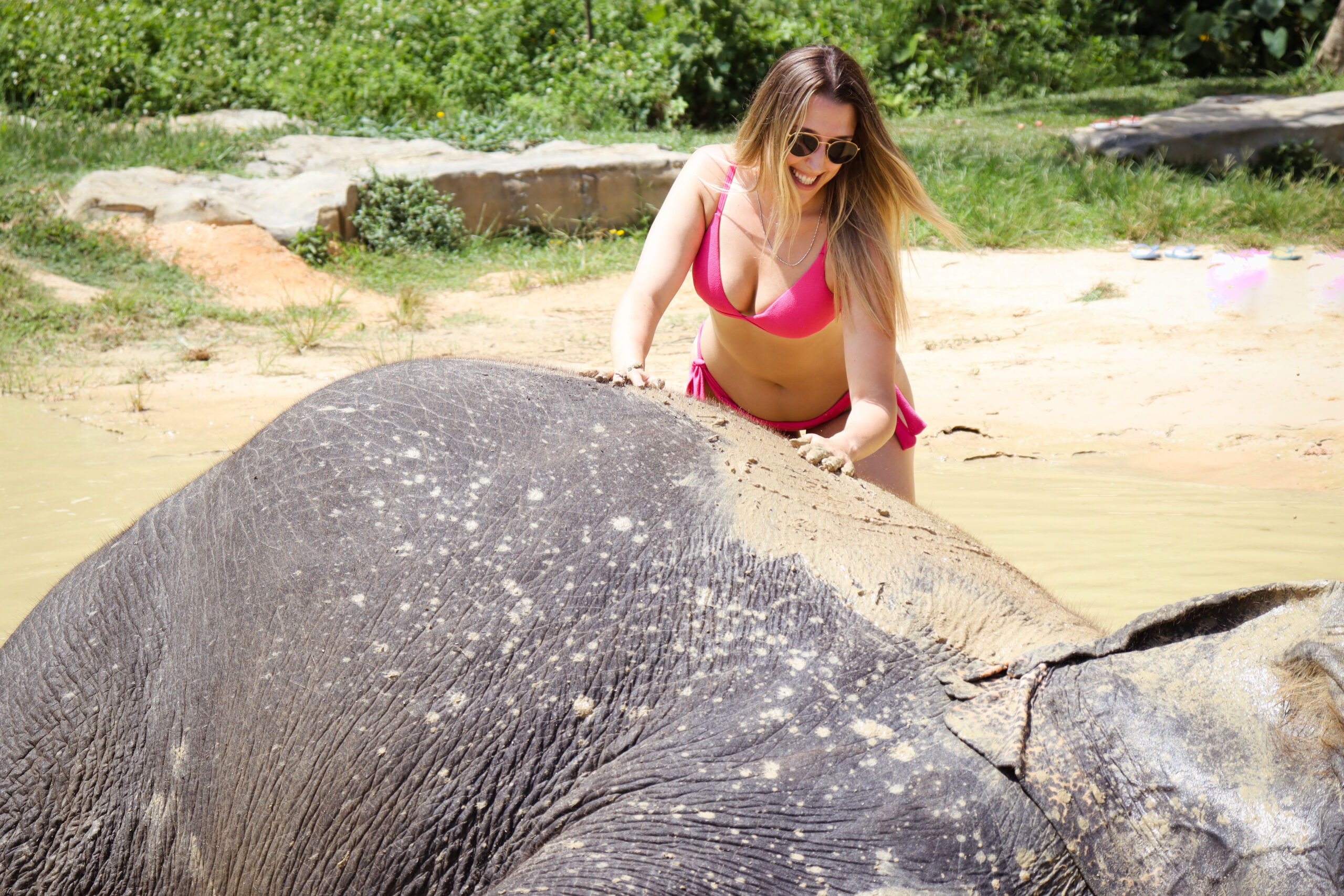
Thailand, renowned for its rich cultural heritage and stunning natural landscapes, holds a special place for elephants. As one of the world’s most iconic symbols, elephants are deeply ingrained in the nation’s history and culture. Among the various elephants in Thailand, Aonang Elephant Sanctuary stands out as a distinguished destination, offering an immersive experience for tourists seeking to connect with these majestic creatures.
Embracing Thailand’s Elephant Heritage
Thailand’s affinity with elephants dates back centuries, with these gentle giants serving as symbols of strength, wisdom, and royalty. Revered in Thai folklore and traditions, elephants have played pivotal roles in the country’s history, from serving in warfare to participating in royal ceremonies. Today, they remain an integral part of Thailand’s identity, captivating the hearts of locals and visitors alike.
Aonang Elephant Sanctuary: A Haven for Ethical Elephant Tourism
Located in the picturesque province of Krabi, Aonang Elephant Sanctuary provides a sanctuary for rescued elephants, offering them a safe and natural environment to thrive. Aonang Elephant Sanctuary prioritizes ethical interactions, allowing tourists to observe and engage with these magnificent creatures in their natural habitat.
Exploring the Cultural Significance of Elephants in Thailand
To truly understand the significance of elephants in Thailand, it’s essential to delve into the cultural tapestry that intertwines these magnificent creatures with the nation’s identity. Throughout Thai history, elephants have been revered as symbols of power, wisdom, and prosperity. In ancient times, they were instrumental in battles, serving as formidable war elephants by kings and warriors. These majestic animals also played pivotal roles in religious ceremonies and royal processions, symbolizing regal authority and spiritual reverence.
The Legacy of Elephant Domestication and Training
The practice of domesticating and training elephants, known as “pajan” in Thai, has been passed down through generations. Historically, mahouts, or elephant caretakers, formed close bonds with their elephants, nurturing mutual trust and respect. Through gentle guidance and positive reinforcement, mahouts developed unique communication methods to interact with elephants, ensuring their well-being while harnessing their innate intelligence and strength.
The Rise of Ethical Elephant Sanctuaries: elephants in Thailand
In response to growing concerns about the welfare of elephants in Thailand tourism, ethical elephant sanctuaries have emerged as beacons of responsible wildlife tourism in Thailand. These sanctuaries prioritize the well-being and freedom of elephants, providing them with spacious enclosures, nutritious diets, and opportunities for social interaction and enrichment. Visitors to these sanctuaries can observe elephants in their natural habitat, learning about their behavior and conservation needs while supporting ethical tourism practices.
Aonang Elephant Sanctuary: Leading the Way in Ethical Tourism
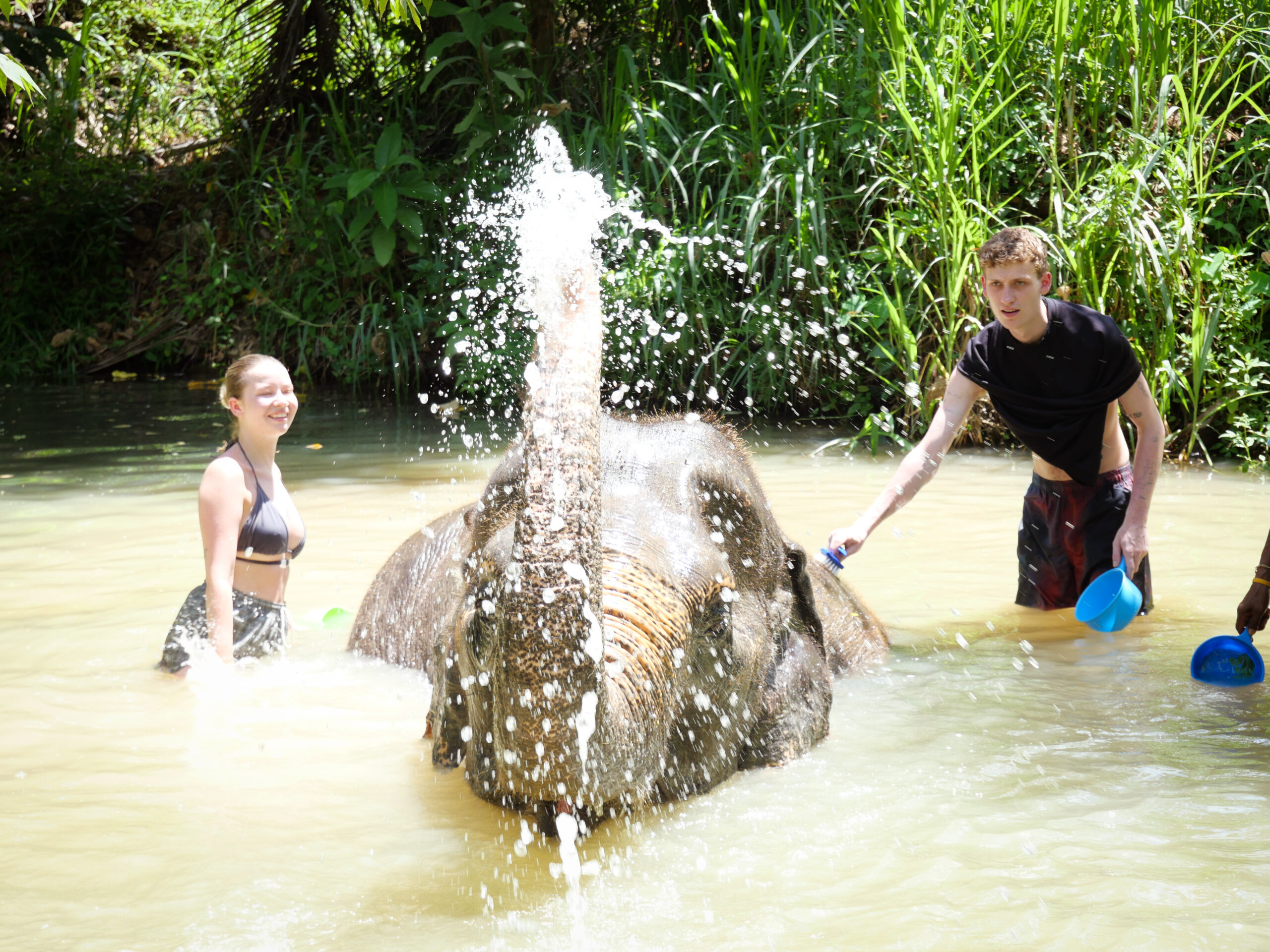
Among Thailand’s ethical elephant sanctuaries, Aonang Elephant Sanctuary stands out for its dedication to promoting responsible tourism and elephant conservation. Founded with the mission of providing a haven for rescued elephants, Aonang Elephant Sanctuary offers a sanctuary where elephants can roam freely and live as close to their natural habitat as possible. By adhering to strict ethical guidelines and avoiding activities that exploit elephants, the sanctuary ensures that visitors can experience meaningful interactions with these gentle giants while supporting their well-being.
Conservation Efforts and Community Engagement
In addition to providing sanctuary for elephants, Aonang Elephant Sanctuary actively engages in conservation efforts and community outreach initiatives. Through partnerships with local communities, conservation organizations, and government agencies, the sanctuary works to address the root causes of human-elephant conflicts and promote coexistence between humans and wildlife. Educational programs and awareness campaigns raise public awareness about the importance of elephant conservation and environmental stewardship, inspiring individuals to become advocates for wildlife protection.
Sustainable Tourism Practices
Central to Aonang Elephant Sanctuary’s mission is the promotion of sustainable tourism practices that prioritize environmental conservation and cultural preservation. By limiting the number of visitors per day and offering immersive, educational experiences, the sanctuary ensures that guests can enjoy meaningful interactions with elephants without causing undue stress or disturbance. Eco-friendly initiatives such as waste reduction, water conservation, and renewable energy usage further underscore the sanctuary’s commitment to minimizing its environmental footprint and fostering a harmonious relationship between tourism and nature.
The Economic Impact of Elephant Tourism
Beyond its environmental and social benefits, ethical elephant tourism contributes significantly to the local economy, generating income for communities and supporting livelihoods. By attracting visitors from around the world, Aonang Elephant Sanctuary stimulates economic growth in the region, creating employment opportunities in tourism-related industries such as hospitality, transportation, and handicrafts. Moreover, revenue generated from tourism helps fund conservation projects and community development initiatives, ensuring the long-term sustainability of elephant sanctuaries and wildlife habitats.
Education and Awareness Building
As part of its commitment to education and awareness building, Aonang Elephant Sanctuary offers a range of educational programs and interactive experiences for visitors of all ages. Guided tours led by knowledgeable guides provide insights into the natural history, behavior, and conservation status of elephants, fostering a deeper appreciation for these remarkable animals and the importance of protecting their habitats. Hands-on activities such as feeding, bathing, and observing elephants in their natural environment allow guests to connect with these gentle giants on a personal level, leaving a lasting impression and inspiring positive action towards wildlife conservation.
The Future of Elephant Tourism in Thailand
Looking ahead, the future of elephant tourism in Thailand hinges on the continued adoption of ethical practices, conservation efforts, and community engagement. As awareness of the plight of elephants grows, more travelers are seeking ethical alternatives to traditional elephant attractions, driving demand for responsible tourism experiences. By embracing sustainable tourism practices, prioritizing elephant welfare, and fostering partnerships with local communities and conservation organizations, Thailand can establish itself as a global leader in ethical wildlife tourism, ensuring a brighter future for elephants and the ecosystems they inhabit.
Immersive Elephant Experiences for Tourists
At Aonang Elephant Sanctuary, visitors have the unique opportunity to experience the wonders of elephant conservation firsthand. Through guided tours led by experts, guests can learn about the behavior, diet, and conservation efforts aimed at protecting Thailand’s elephant population. From feeding and bathing elephants to observing their social interactions, every moment spent at the sanctuary is an enriching experience.
Promoting Responsible Tourism and Conservation
As an advocate for responsible tourism, Aonang Elephant Sanctuary emphasizes the importance of ethical practices and conservation awareness. By promoting sustainable tourism initiatives, the sanctuary aims to raise awareness about the plight of Asian elephants and the significance of protecting their natural habitats. Through educational programs and community outreach, Aonang Elephant Sanctuary strives to foster a deeper understanding of the challenges facing Thailand’s elephant population.
Supporting Local Communities and Wildlife Conservation
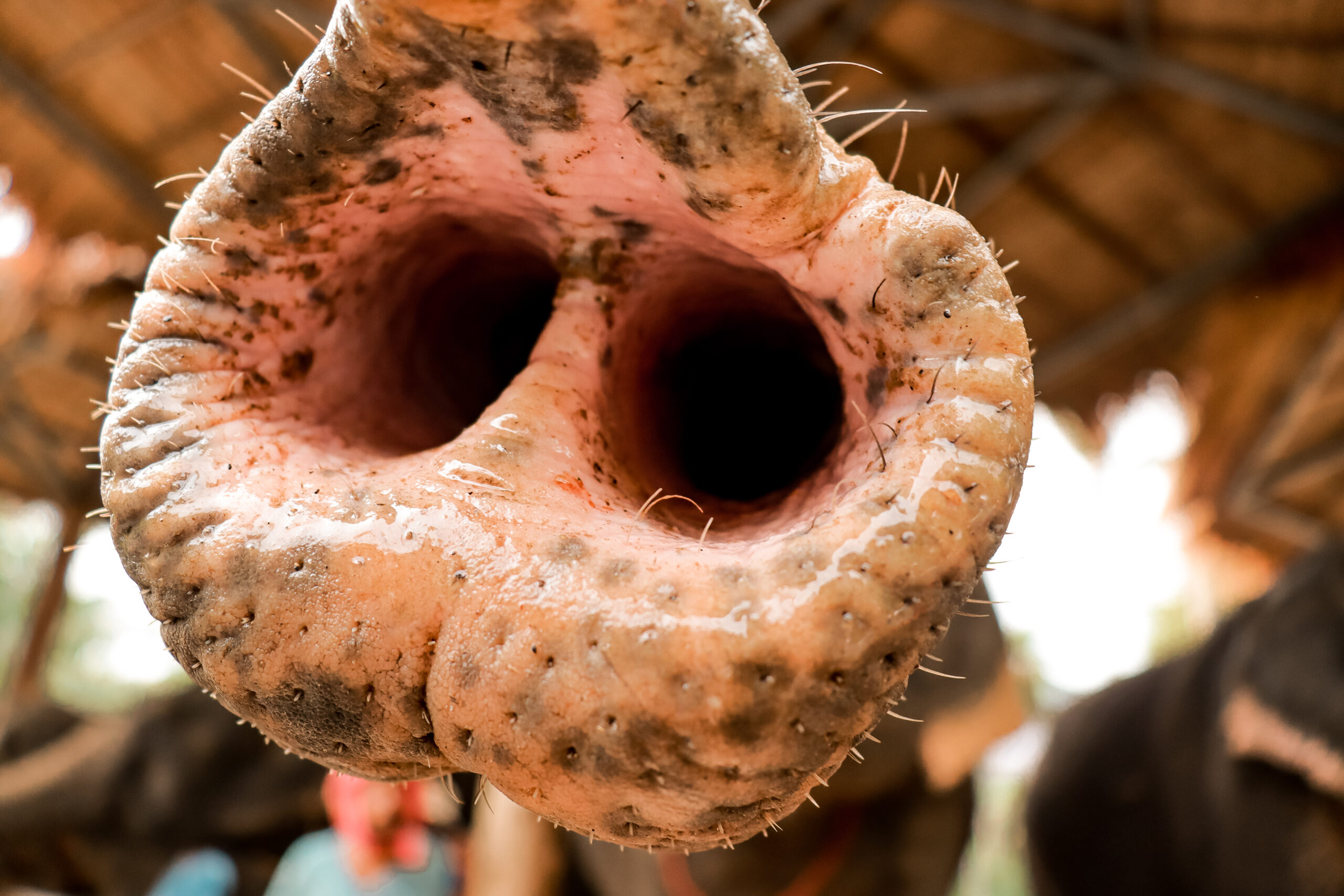
Beyond its commitment to elephant welfare, Aonang Elephant Sanctuary actively contributes to the well-being of local communities and wildlife conservation efforts. Through partnerships with conservation organizations and community projects, the sanctuary works to mitigate human-elephant conflicts and supports initiatives that promote coexistence between humans and wildlife. By empowering local communities and fostering environmental stewardship, Aonang Elephant Sanctuary plays a vital role in safeguarding Thailand’s natural heritage.
In conclusion, elephants hold a special place in the hearts and minds of the Thai people, symbolizing the nation’s rich cultural heritage and natural diversity. Through ethical elephant tourism initiatives like Aonang Elephant Sanctuary, Thailand can preserve its treasured heritage while promoting sustainable tourism practices that benefit elephants, communities, and the environment. By supporting responsible tourism, conservation efforts, and community empowerment, we can ensure that future generations will continue to marvel at the majesty of Thailand’s beloved national symbol—the elephant.
Frequently asked questions
What is the significance of elephants in Thailand?
Elephants hold profound cultural and historical significance in Thailand, symbolizing strength, wisdom, and royalty. They have been revered for centuries and are considered the country’s national symbol.
What activities can I participate in at an elephant sanctuary in Thailand?
At elephant sanctuaries in Thailand, visitors can engage in a range of activities that promote ethical interactions with elephants. These may include feeding, bathing, and observing elephants in their natural habitat. Riding elephants is typically discouraged at ethical sanctuaries.
How does elephant tourism in Thailand contribute to conservation efforts?
Ethical elephant tourism initiatives in Thailand, such as Aonang Elephant Sanctuary, support conservation efforts by providing sanctuary for rescued elephants, raising awareness about the plight of Asian elephants, and funding conservation projects aimed at protecting their natural habitats.
What can I do to support elephant conservation in Thailand?
Visitors can support elephant conservation in Thailand by choosing ethical elephant tourism experiences, volunteering or donating to reputable conservation organizations, and advocating for policies that protect elephants and their habitats.



